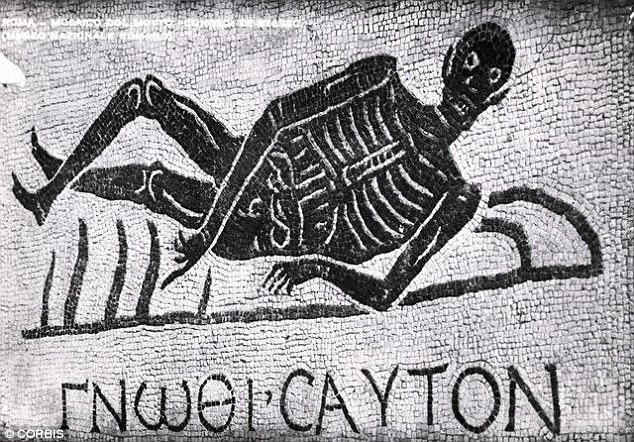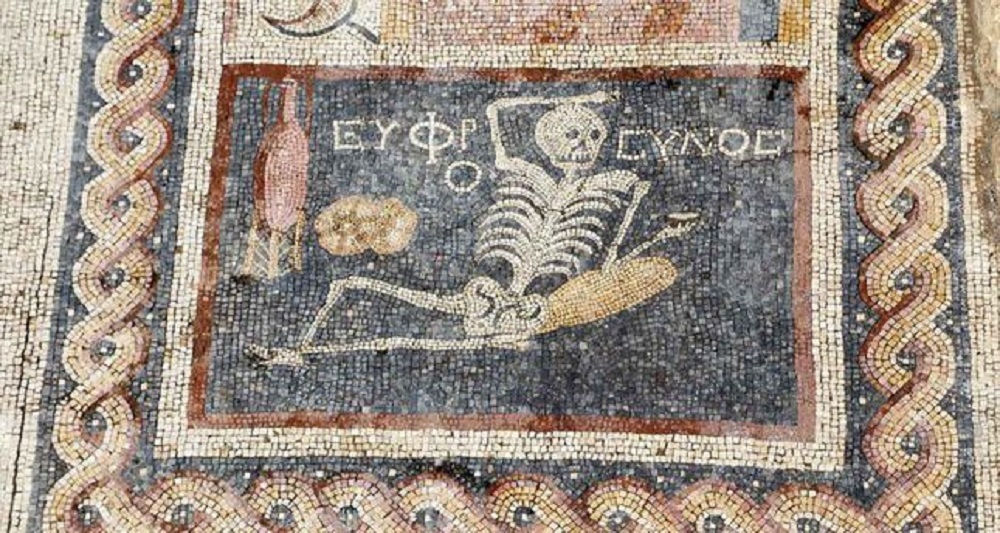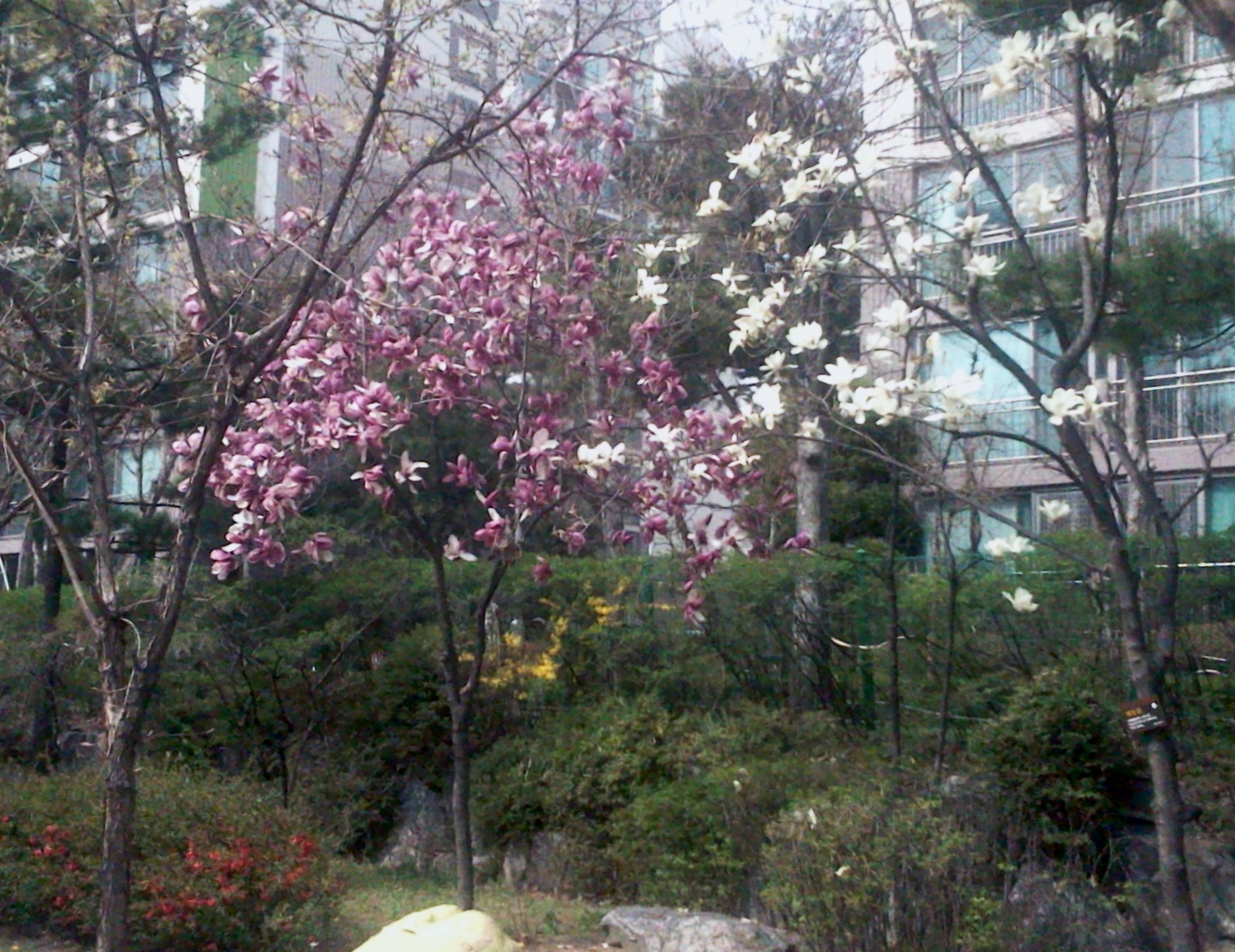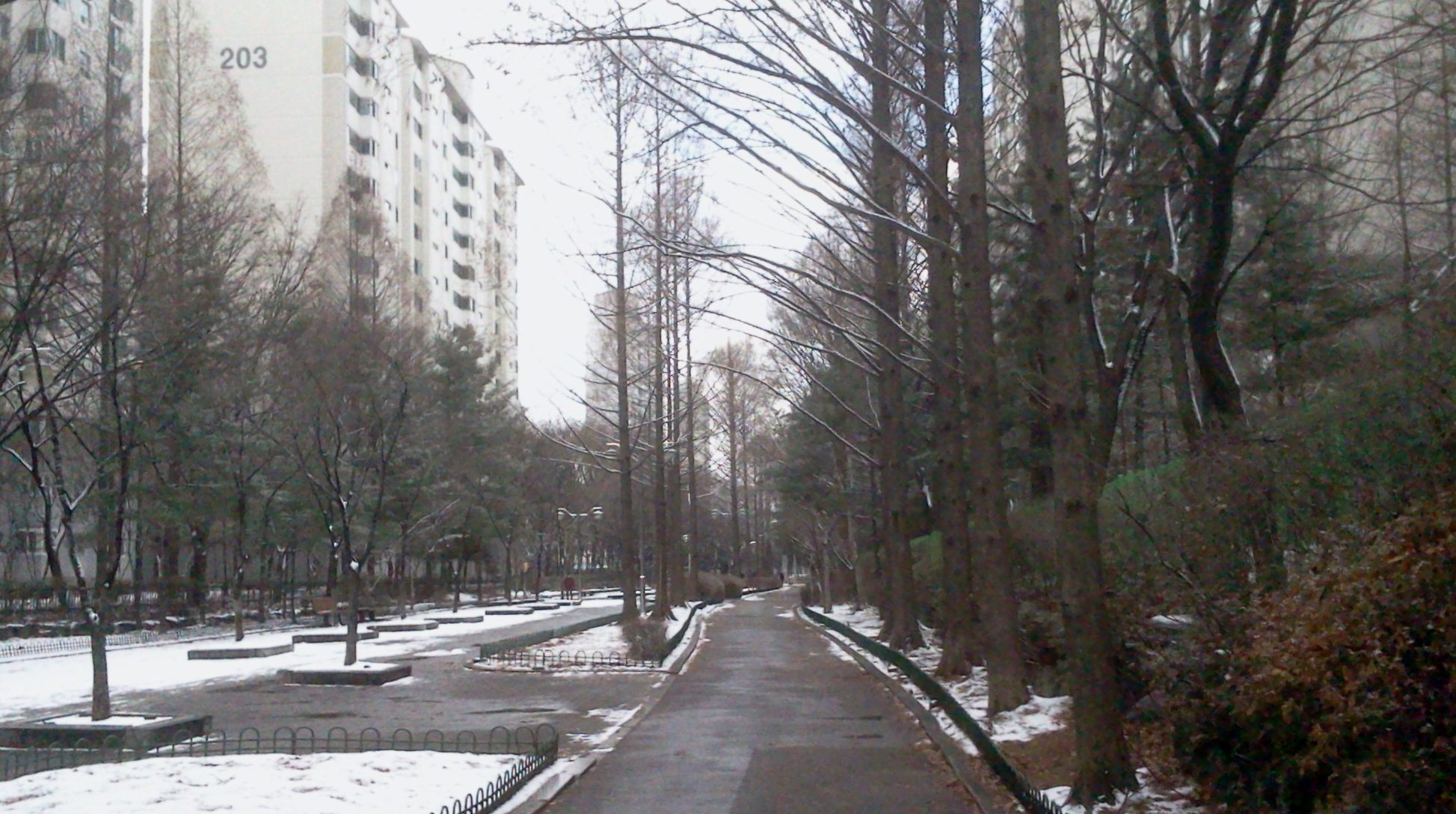I find most conspiracy theories – whether left, right, center, or way-out-there – implausible. My own response to most conspiracy theories can be summarized by the old quote from Goethe, "misunderstandings and neglect create more confusion in this world than trickery and malice. At any rate, the last two are certainly much less frequent." This idea has circulated more recently as "Hanlon's Razor": "Never attribute to malice that which is adequately explained by stupidity."
Mostly, I have given up trying to explain why conspiracy theories are implausible to those who espouse them, however. It seems a fruitless exercise, and anyway it's a lot of work.
I ran across an excellent debunking of the recently emergent conspiracy theory (being propagated by Trump et al.) that Democrats are rigging the upcoming US election. Written by a commenter who goes by "CrunchyFrog" on the Clintonist left-of-center blog "Lawyers, Guns & Money," it is so well reasoned I felt like sharing it. Not that I have the mistaken belief that someone who believes Trump's voter-fraud theory would be persuaded by this to change their minds, but I cite it just because I admire this kind of reasoning. I think the author would not mind having most of it reproduced here (I clipped off the gratuitous insults and Trumpist-baiting at either end as detracting from the clarity of argument).
Regarding the black voter busing scheme. Let’s think about this logically (not possible for the GOP, I know, but bear with me). If I were running such a scheme what would I have to do to make an effective dent in the results? As a starting point, a lot of Colorado wingnuts think that Obama won there in 2012 by cheating. He won by 138k votes, so let’s use 140k votes as a starting point. So let’s say I have a bus full of black voters – say 66 people (common capacity limit on school buses). So if every bus is filled to near capacity that’s about 2200 bus-visits to the polling stations. How many polling stations can a given bus hit in a day? Well, your typical precinct has 2-3 people checking voters in and each one processes about 2 per minute, so that’s over 30 minutes just to check in (of course there will be other voters, too), plus time to drive between precincts. Seriously, if you are counting on more than 10 precincts per bus per day you’re going to be disappointed. So that’s 220 buses chartered for the day, and a total of about 14k fraudulent voters.
Holy freaking crap. The logistical problems of arranging that many fraudulent voters, ALL of whom are risking felony sentences and NONE of whom have ever talked about it to anyone. Now plan to arrange for 140k fake registrations using the matching photos for each person and arrange it so that the manager of each bus makes sure that every voter gets the exact fake ID for each precinct. And NO MISTAKES – remember no one has ever been caught doing this because Democrats, who are inept in government, are utter geniuses when it comes to vote fraud. So that means there NEVER can be a situation where a fake voter encounters a registrar who says “Hey, I live on that street, I’ve never seen you” or similar.
By the way, the absolutely easiest logistical part of this scheme is arranging for photo ID. Assuming you have that many people willing to commit felonies for whatever you are paying them and have arranged everything else in detail, getting fake photo IDs for them is simple and routine. So photo ID laws do absolutely jack shit to stop massive vote fraud – but of course that wasn’t their real intention, was it?
[daily log: walking, 7km]





